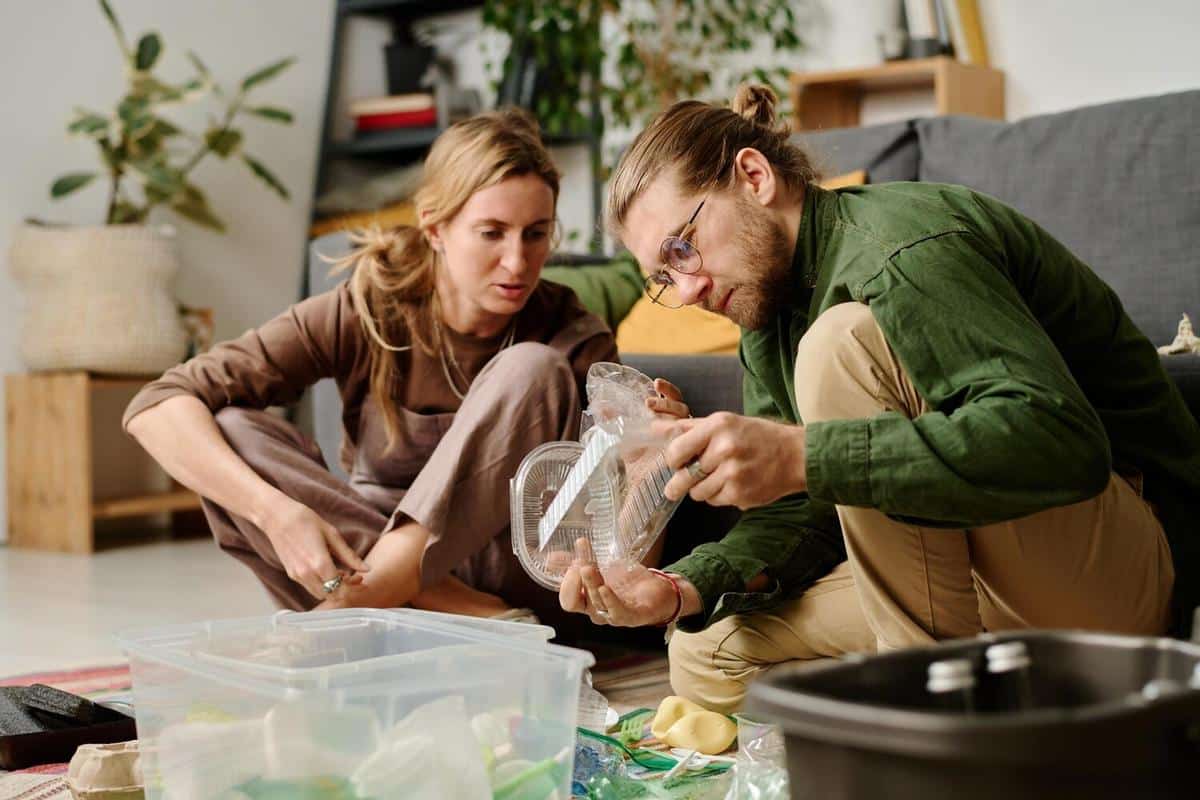
Recycling Tips to Implement in Your Daily Life
Embracing a sustainable lifestyle can begin with simple actions, like recycling, which not only conserves natural resources but also reduces landfill waste.
Understanding the Importance of Recycling
Recycling is more than just separating plastics from paper; it’s a crucial component of sustainable living. According to the Environmental Protection Agency (EPA), recycling helps reduce greenhouse gas emissions, conserves natural resources, and saves energy. By implementing effective recycling practices, individuals contribute to a healthier planet.
Expert Insights on Recycling
Environmental experts emphasize the impact of recycling on sustainability. Dr. Michael Mann, a climate scientist, highlights that ‘every small action counts when it comes to environmental conservation.’ His insights underline the importance of individual efforts in recycling.
The Numbers Speak
Statistics from the EPA indicate that in 2018, the recycling rate in the United States was about 35%, showing potential for improvement. By increasing our recycling efforts, we can significantly lower the amount of waste ending up in landfills.
Practical Recycling Tips
- Separate materials: Keep bins for different types of recyclables, such as paper, plastics, and metals, to ensure proper recycling.
- Clean before recycling: Rinse containers to remove food residues, which can contaminate recyclable materials.
- Stay informed: Check local recycling guidelines, as they can vary significantly between communities.
- Reduce and reuse: Before recycling, consider if the item can be reused or repurposed.
- Compost organic waste: Composting kitchen scraps reduces waste and creates valuable fertilizer for gardens.
Pro Tip: Use a recycling app to stay updated on what materials can be recycled in your area!
A Personal Experience
One day, my friend Alex decided to start recycling at home. Initially, he found it challenging to sort through the waste, but with time, it became second nature. Alex now feels a sense of pride knowing he’s contributing to environmental preservation.
Recycling: A Quick Reference Table
| Material | Recycling Method | Tip |
|---|---|---|
| Paper | Separate by type | Flatten boxes |
| Plastics | Check recycling codes | Rinse thoroughly |
| Metals | Separate by type | Avoid mixing metals |
| Glass | Rinse and sort by color | Remove lids |
| Electronics | Take to e-waste centers | Erase data |
| Organic Waste | Compost | Use a compost bin |
| Textiles | Donate or recycle | Check for textile recycling programs |
| Batteries | Recycle at designated centers | Avoid landfill disposal |
FAQ
Why is recycling important?
Recycling helps conserve resources, reduce pollution, and decrease landfill waste.
Can all plastics be recycled?
Not all plastics are recyclable; check local guidelines for specific recycling codes.
What items cannot be recycled?
Items like greasy pizza boxes and certain plastics may not be recyclable. Always verify with local facilities.
Conclusion
Recycling is a manageable and impactful way to support sustainability. By following these tips and staying informed, you can play a significant role in environmental conservation. Start small, and let your recycling efforts grow over time.


